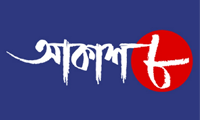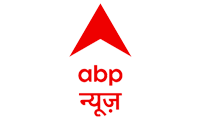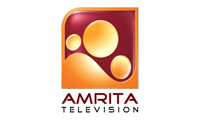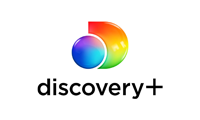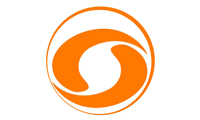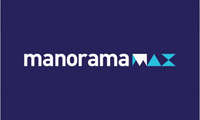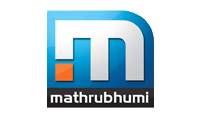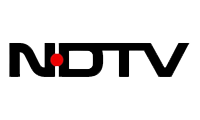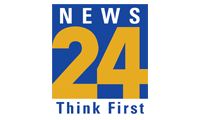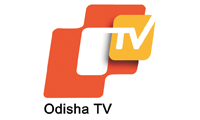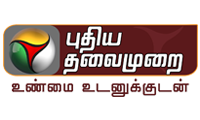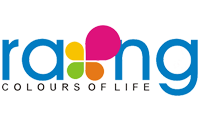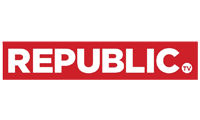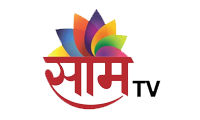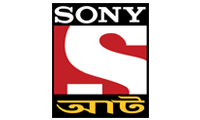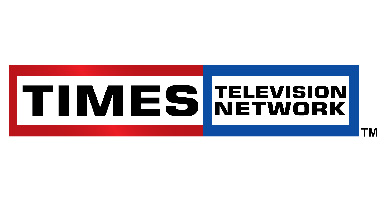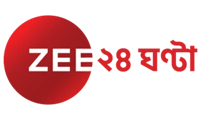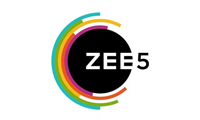Creative freedom embodying good conduct & discipline
Broadcasting Content Complaints Council (BCCC)
IBDF implemented the Self-Regulatory Content Guidelines for non-news channels and the Complaint Redressal System with the establishment of Broadcasting Content Complaints Council (BCCC) in June 2011.
This marks a significant milestone in the history of Indian television and signifies the maturity of broadcasters to uphold freedom of speech and expression enshrined as a Fundamental Right in the Indian Constitution.
The overwhelming support and total compliance of member channels to the BCCC mechanism has led to constant evaluation of content in line with changing viewer preferences.
The objectives of BCCC are enumerated below:
- Guide and emphasize to the Broadcaster community the benefits of adopting the self-regulatory guidelines laid down by the Foundation
- Monitor adherence to the Programme Code prescribed under the Cable Television Networks (Regulation) Act, 1995
- Ensure timely and appropriate disposal and closure of all content-related complaints received from Viewers, Government/Non-Government bodies etc.
In 2021, BCCC has completed a decade of successful operations. The mechanism has gained wide recognition and acceptance. The Council has been working with absolute transparency with verifiable standard operative procedures. Justice Gita Mittal (Retd), the fourth Chairperson of BCCC after Justice A.P. Shah, Justice Mukul Mudgal and Justice Vikramajit Sen, has kept viewers’ concerns as the focus of BCCC’s operations while upholding the creative freedom guaranteed to the channels.
The mechanism has proved to be a global model in effective and independent self-regulation. This result-oriented journey became possible due to the continuous support of the Union Government. The Ministry of Information & Broadcasting has bestowed immense trust upon BCCC by always redirecting all complaints received by it to the Council.
BCCC’s work as a self-regulatory body has been recognised by various courts in their judgments and orders from time to time as mentioned below, thus, emphasising the fact that the existing self-regulation mechanism has substantial enforcement vitality against the stakeholders of the media and broadcasting sector.
- In the case of Rajeshwari Katoch Vs UOI & Ors OWP No. 40/2013 pending before High Court of J&K, MIB, while recognising the self-regulatory mechanism for television channels, acknowledged the constitution and functioning of BCCC.
- The Delhi High Court in case of Star India Pvt Ltd Vs UOI in WP (C) 879 of 2010 appreciated the creation and functioning of BCC as a self-regulatory mechanism.
- The Bombay High Court (Nagpur Bench) in the case of Bharatiya Stree Shakti Vs UOI (PIL No 4 of 2013) referred the complaint to BCCC to decide the same in accordance with the BCCC complaints redressal mechanism and also acknowledged the role of self-regulatory mechanism in regulating content of TV channels.
- The Supreme Court in the case of Common Cause Vs UOI (WP No 1204 of 2013) in its judgment delivered on 12/01/2017 acknowledged the existing self-regulatory mechanism of industry bodies.
BCCC has regularly provided inputs to MIB for responding to Parliament questions almost on a real-time basis. Directives, Orders and Advisories issued by BCCC have received 100 percent compliance from member channels of IBDF.
In view of the above, IBDF had been advocating recognition of the BCCC regulatory mechanism under the Cable Television Network (Regulation) Act, 1995 and the Cable Television Network Rules, 1994.
The Ministry of Information & Broadcasting recently amended the Cable Television Network Rules, providing for a “statutory” mechanism for complaints raised by citizens regarding any content broadcast on television. The amended Rules provide for a three-level grievance redressal mechanism: self-regulation by broadcasters, self-regulation by the self-regulating bodies of the broadcasters, and oversight by an Inter-Departmental Committee at the level of the Union Government.
This paved the way for registration of BCCC as the statutory Self-Regulatory Body for non-news channels. These amendments not only grant constitutional recognition to the BCCC but also add credibility to the Self-Regulatory initiative of IBDF.
Digital Media Content Regulatory Council (DMCRC)
On 25 February 2021, the Ministry of Electronics & Information Technology published in the official gazette the Information Technology (Intermediary Guidelines and Digital Media Ethics Code) Rules, 2021. The Rules, inter-alia, contemplate that there may be one or more self-regulatory bodies of Online Curated Content Publishers (OCCP), being an independent body constituted by OCCPs or their associations.
For ensuring observance and adherence to the ‘Code of Ethics’ by OCCPs operating in the territory of India, and for addressing the grievances made in relation to OCCPs, the Rules outline a three-tier structure:
Level I: Self-regulation by the publishers (OCCP)
Level II: Self-regulation by the self-regulating bodies (SRB) of the publishers (OCCP)
Level III: Oversight mechanism by the Central Government
IBDF with its strong roots in establishing and promoting self-regulation for TV, decided to create a similar yet distinct and contemporary structure for Online Curated Content Publishers (OCCP).
The Digital Media Content Regulatory Council (DMCRC) was constituted in June 2021 under the aegis of IBDF, as an independent self-regulatory body for non-news OCCPs. DMCRÇ’s mandate is to ensure freedom of expression of the Indian creative industry as well as help the discerning viewers of OTT platforms to have unhindered access to world-class content. This is a historical moment for all the stakeholders – the media & entertainment industry, the policymakers and subscribers of OTT platforms.



